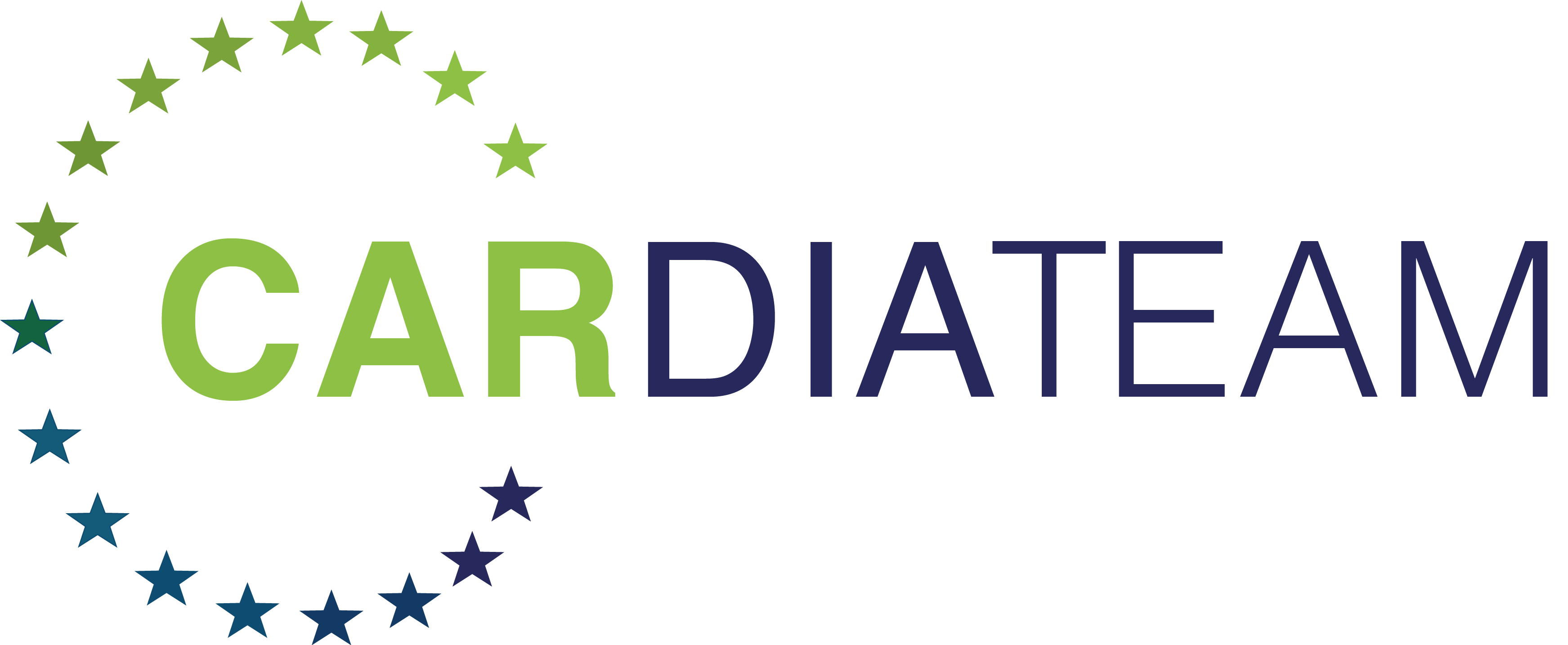Diabetic patients are 2.5 times more likely to develop heart failure than people without diabetes. In many patients, the diabetes causes a type of heart dysfunction called cardiomyopathy, which is characterised by functional and structural abnormalities in the heart. Currently, the underlying causes of diabetic cardiomyopathy remain unknown, and there are no effective treatments.
The CARDIATEAM project aims to determine how distinct diabetic cardiomyopathy is from other forms of heart failure, and the extent to which type 2 diabetes contributes to its development and progression. The team will recruit 1 600 people with a range of cardiometabolic disorders, including people with diabetes, and follow them for 3 years. By studying this group in detail over time, the team hopes to be able to deliver biological markers that would indicate which diabetes patients are at greatest risk of developing diabetic cardiomyopathy, as well as a more detailed understanding of the disease.
Ultimately, the project results will make it easier to provide people with diabetes with more personalised approaches to managing their condition and preventing diabetic cardiomyopathy.

